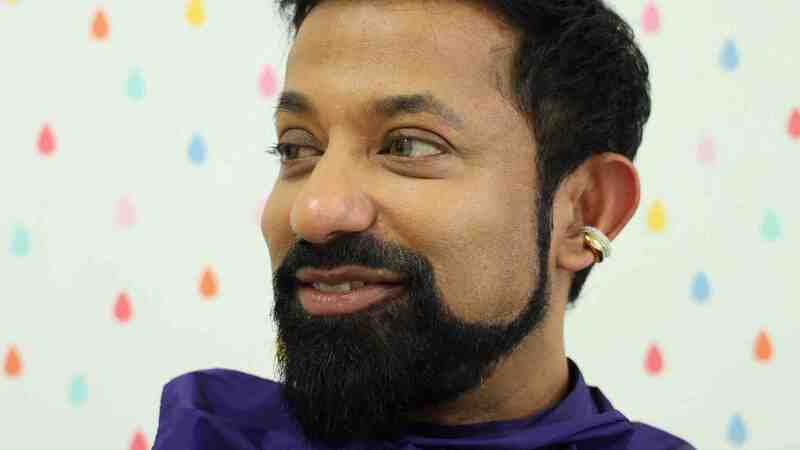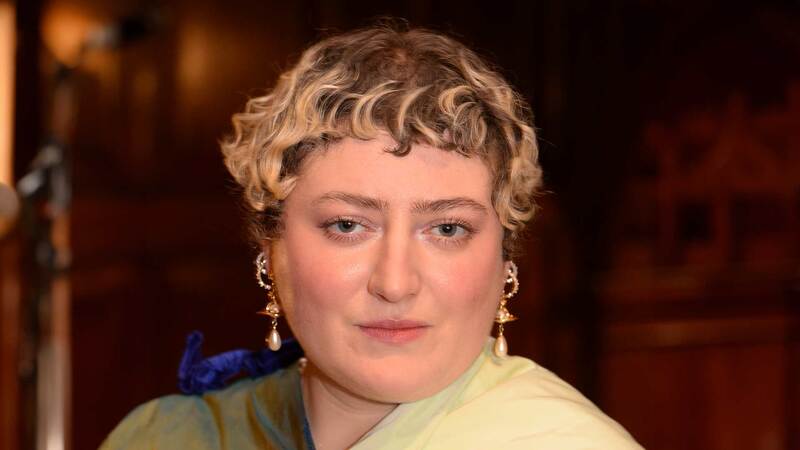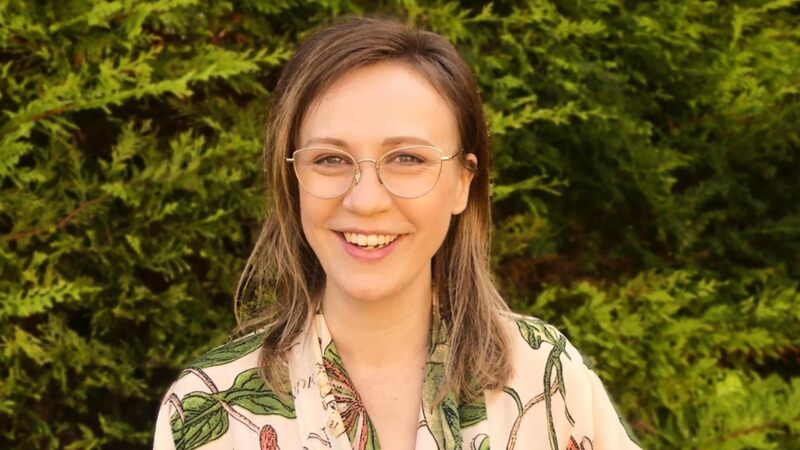You are viewing your 1 free article this month. Login to read more articles.
Heather McCalden wins Fitzcarraldo essay prize
Heather McCalden has won the £3,000 Fitzcarraldo Editions/Mahler & Lewitt Studios Essay Prize with "The Observable Universe".
Described as "a prismatic account of grief conveyed through images, anecdotes and Wikipedia-like entries, calibrated specifically for the Internet Age", the essay is centred on the loss of McCalden's parents to AIDS in the early 1990s and questions what it means to "go viral" in an era of explosive biochemical and virtual contagion.
The prize is an annual competition for unpublished writers. Initially made possible by an Arts Council grant in 2015, it awards £3,000 to the best proposal for a book-length essay by a UK or Ireland writer who has yet to secure a publishing deal. In addition to the prize money, the winner has the opportunity to spend up to three months in residency at the Mahler & Lewitt Studios in Spoleto, Italy, to work on their book. The book will then be published by Fitzcarraldo Editions.
Other shortlisted authors, chosen from 119 entries, were "Q is for Garden" by Jenny Chamarette, "The Report" by Joshua Craze, "Terra Nullius" by Joanna Pidcock, "The Raven’s Nest" by Sarah Thomas and "Broken Rice" by April Yee.
This year's judges were Joanna Biggs, Brian Dillon, Joanna Kavenna, Max Porter and Fitzcarraldo Editions' publisher Jacques Testard. Testard said: "We are very excited to welcome Heather McCalden, an exceptionally gifted writer, to Fitzcarraldo Editions. Her proposal for 'The Observable Universe' was the standout in a very strong field, testament to the vitality of the essay form in the UK and Ireland. Her book will be an event."
McCalden is a multidisciplinary artist working with text, images and movement. She is a graduate of the Royal College of Art and has exhibited at Tanz Company Gervasi, Roulette Intermedium, Pierogi Gallery, National Sawdust, the Zabludowicz Collection and others.
She said: "I am so appreciative of the opportunity to develop 'The Observable Universe' at a time when its subject matter parallels world events. To work under the refined eye of Fitzcarraldo is nothing short of amazing; I've been a long-time admirer of its curatorial vision and feel honoured to be included within it. That my conception of the essay and writing in general has been influenced by Brian Dillon, Joanna Biggs, Joanna Kavenna, and Max Porter makes winning the 2021 prize all the more thrilling."


















